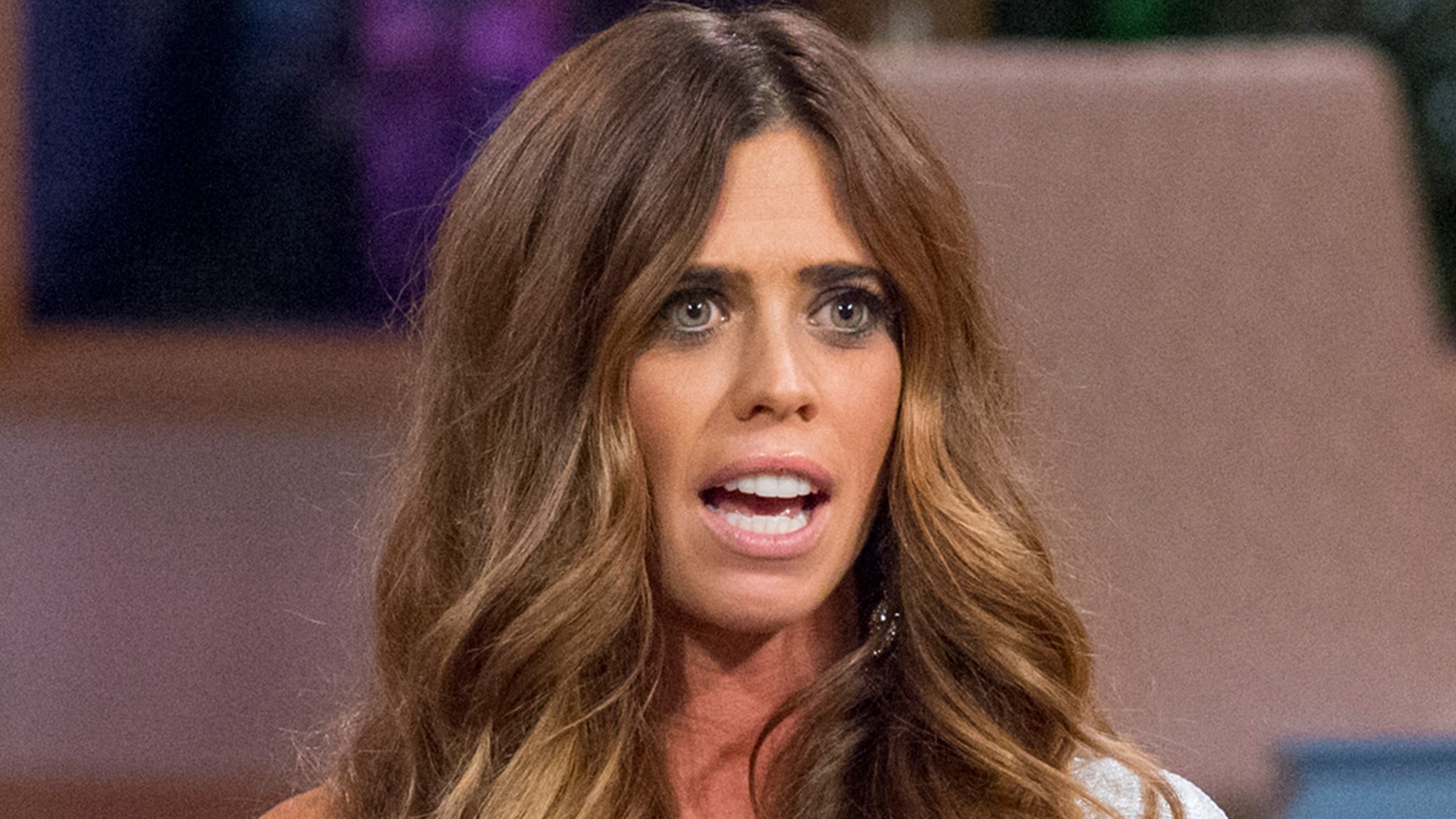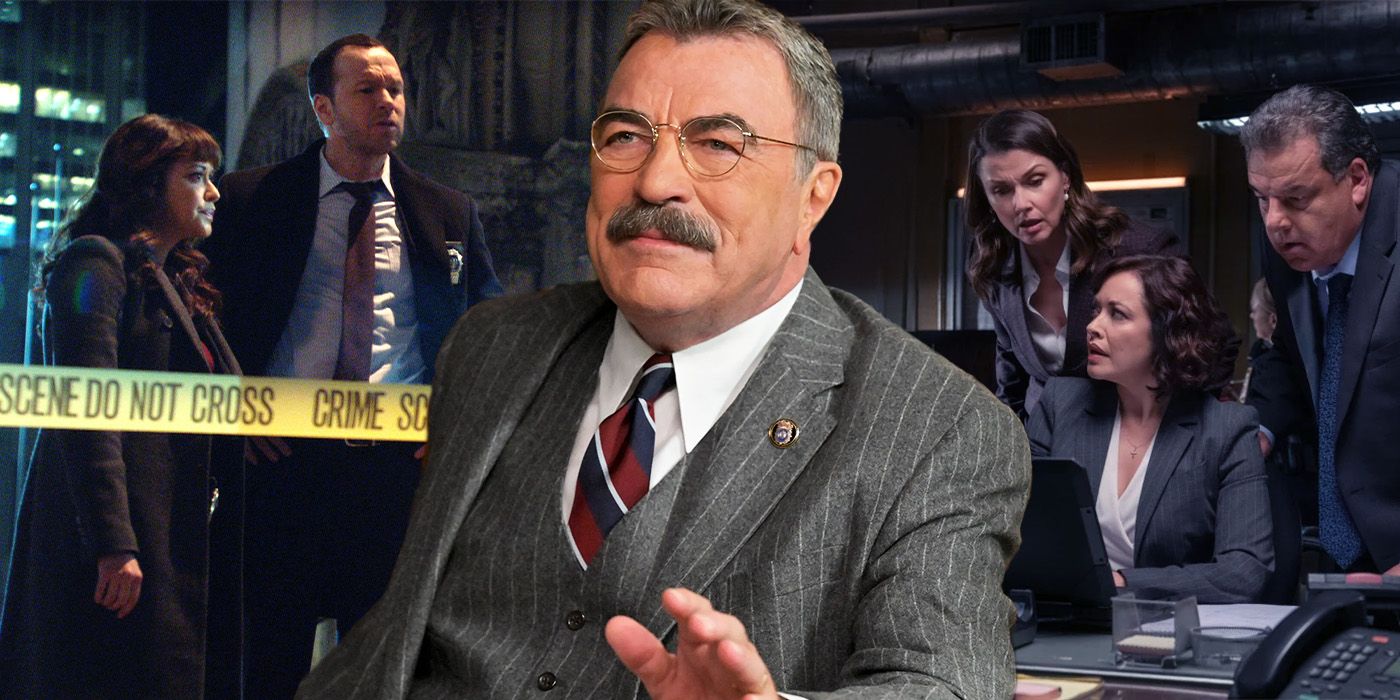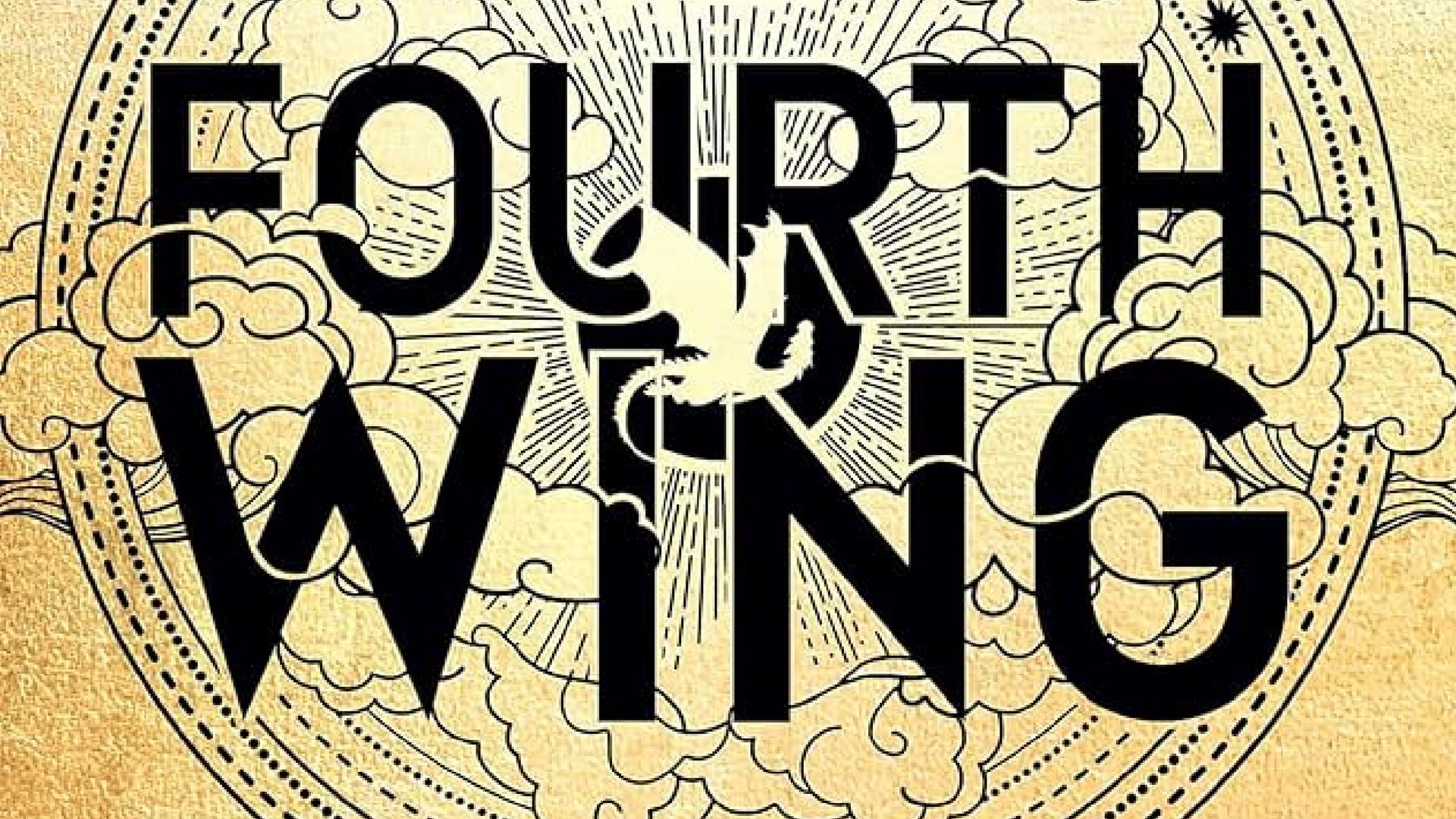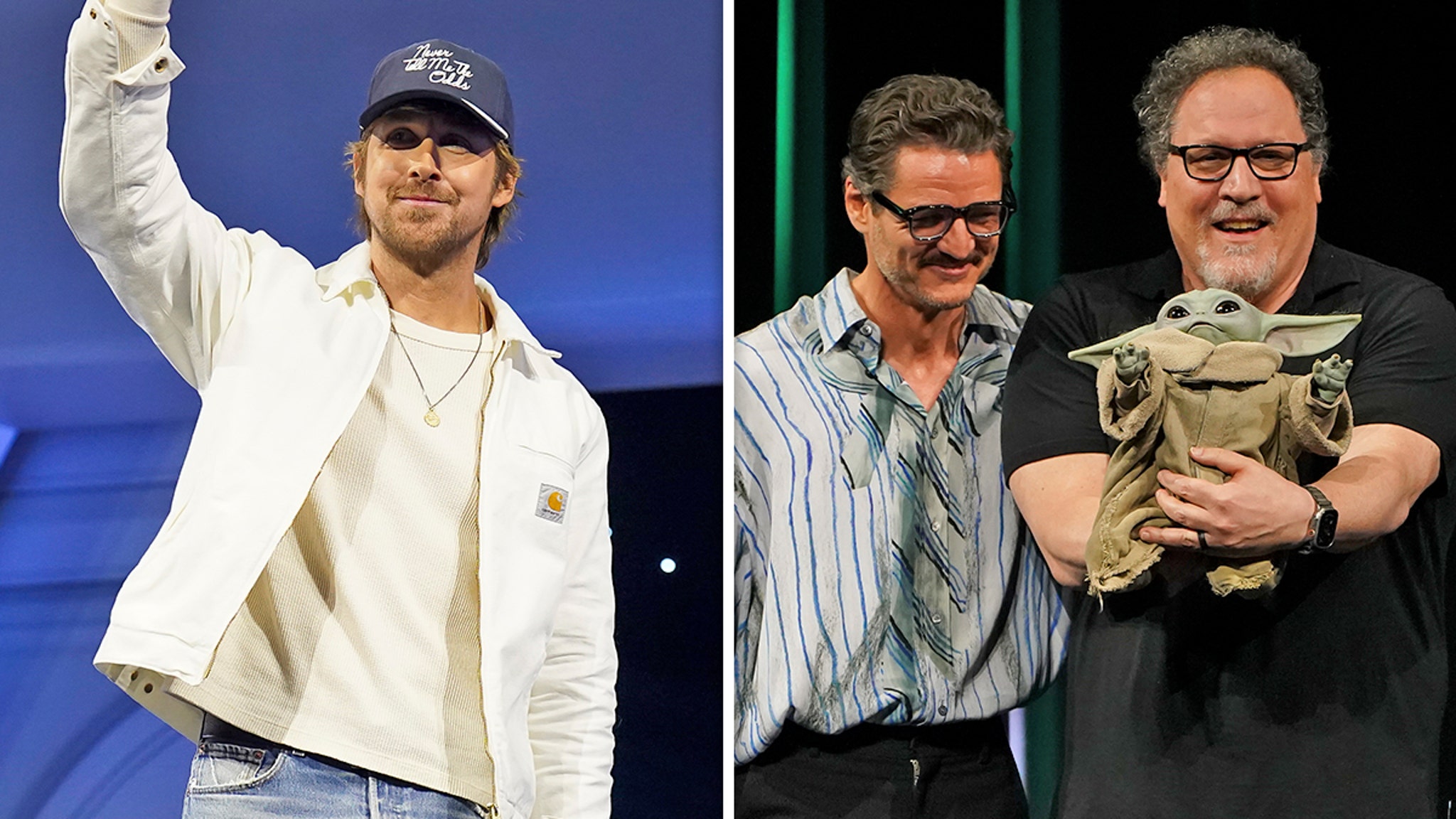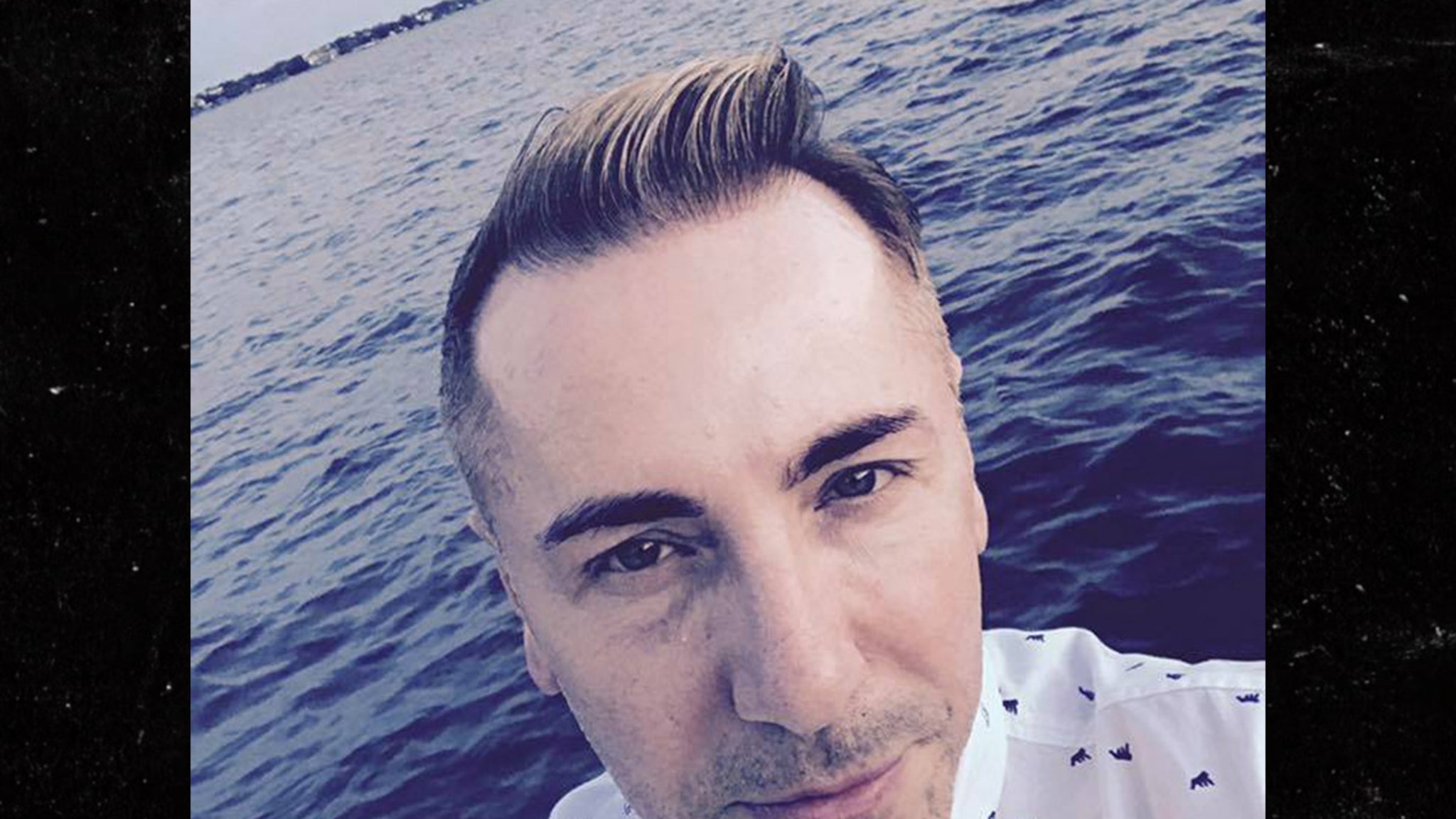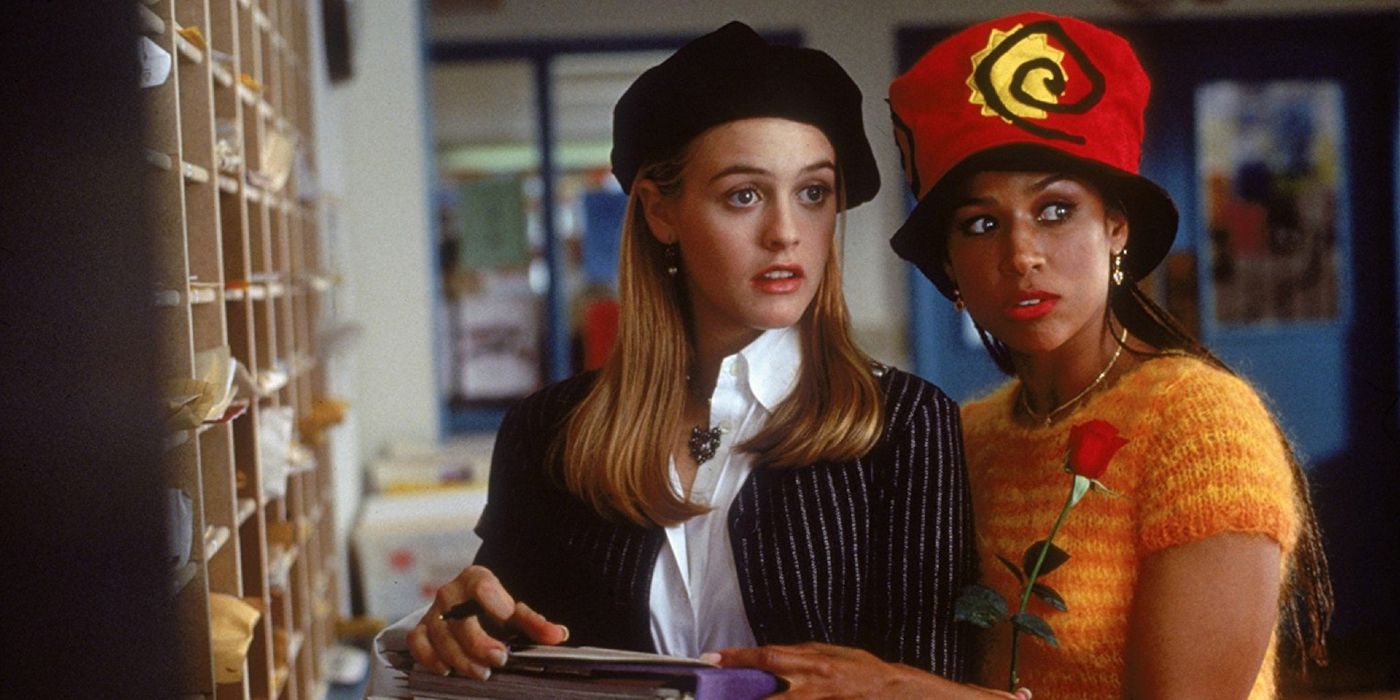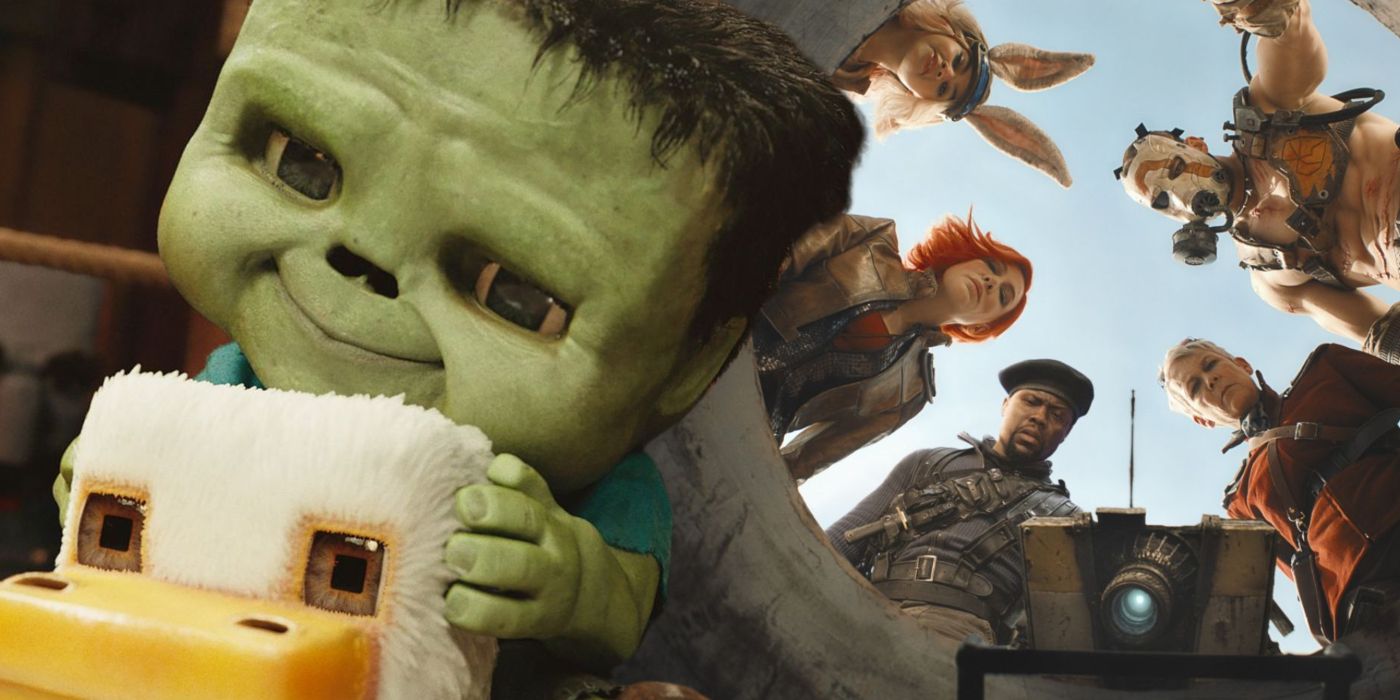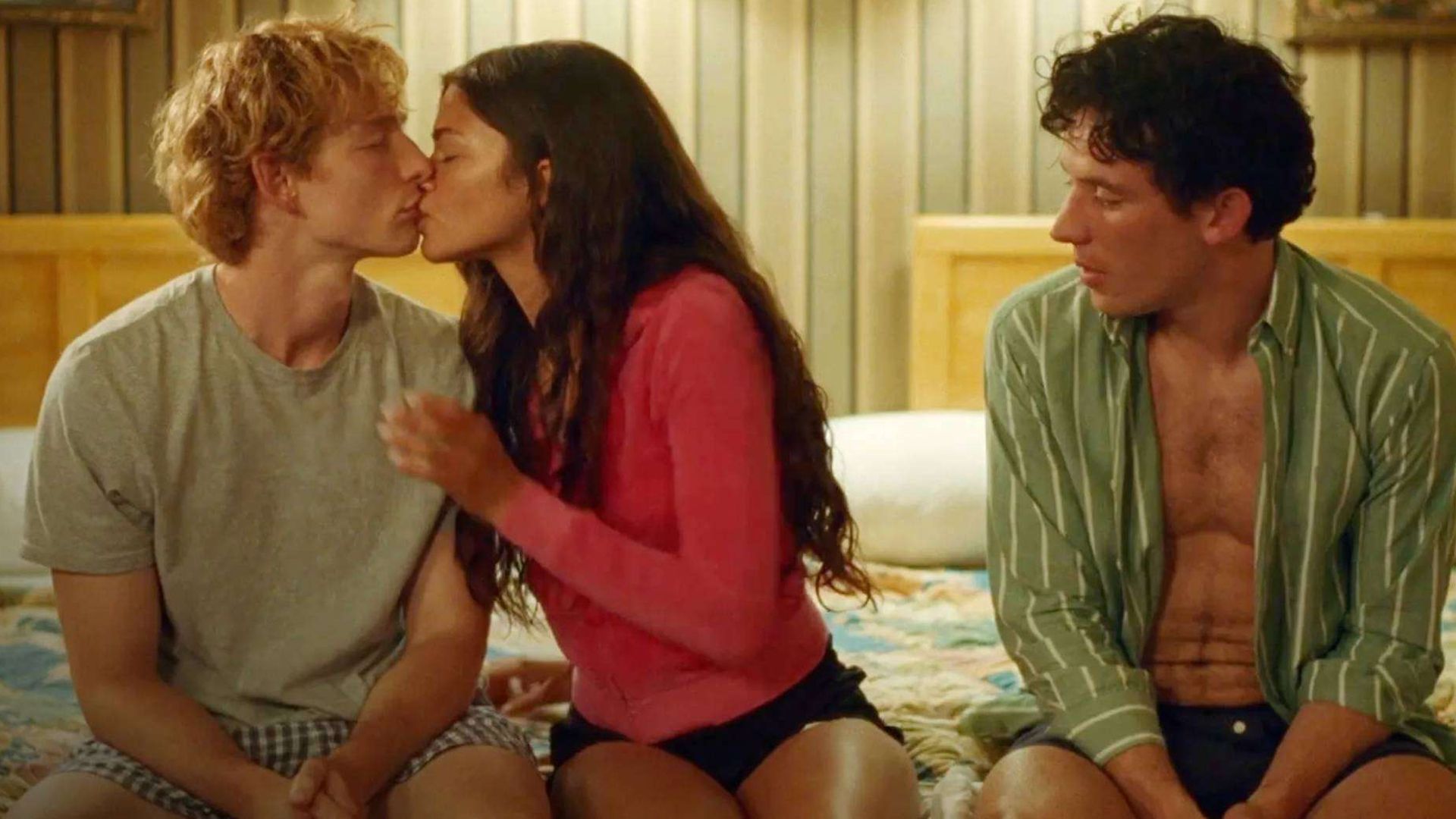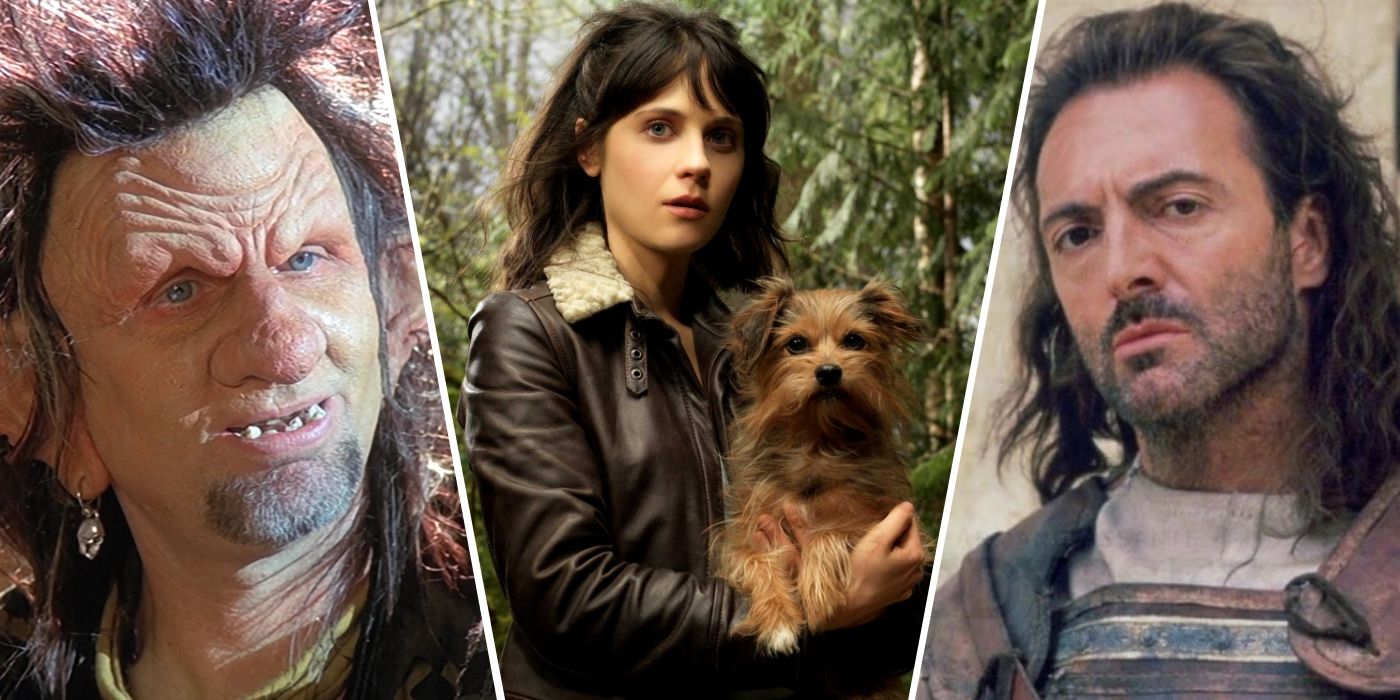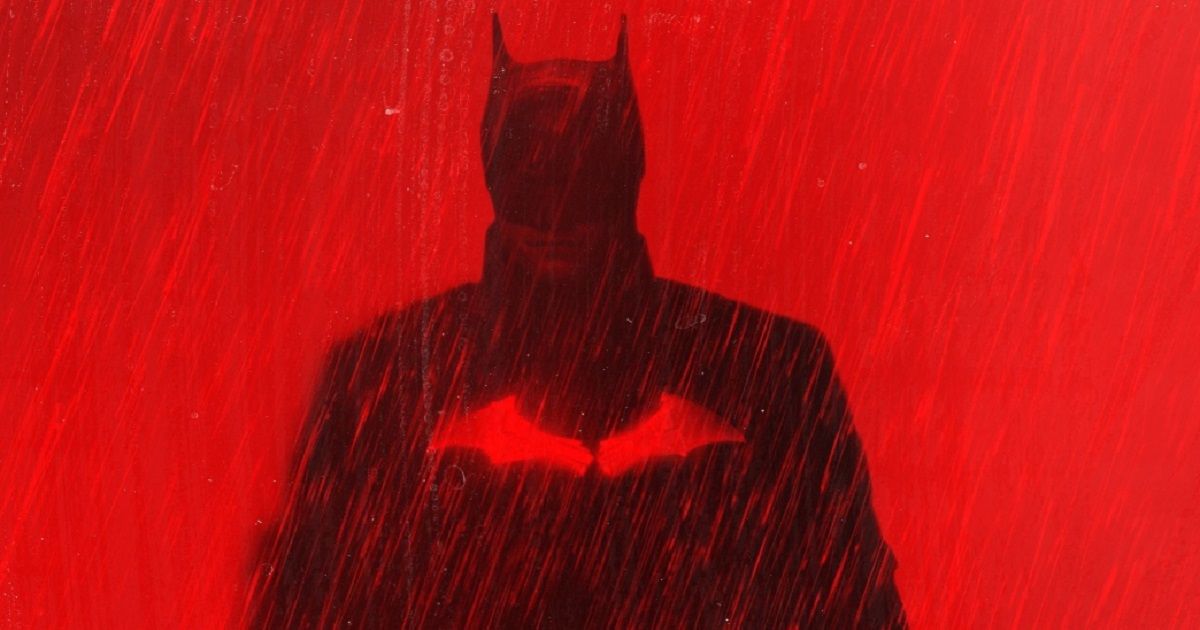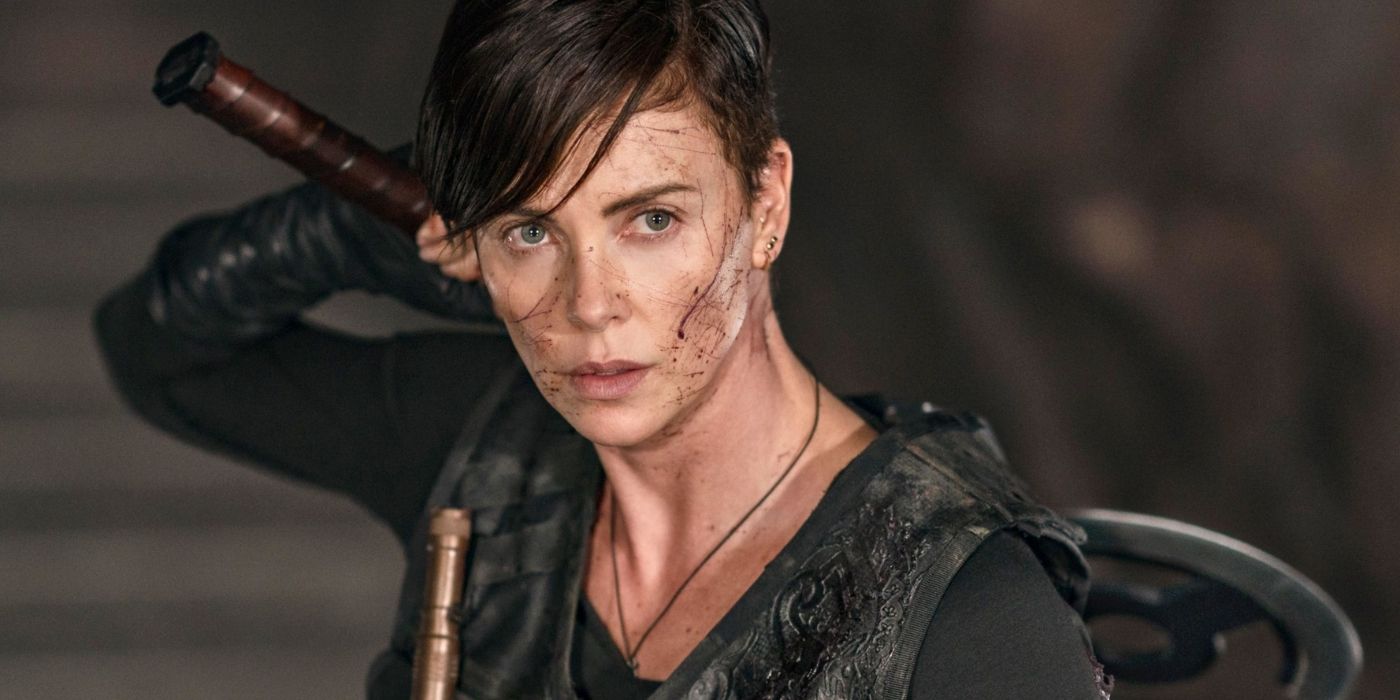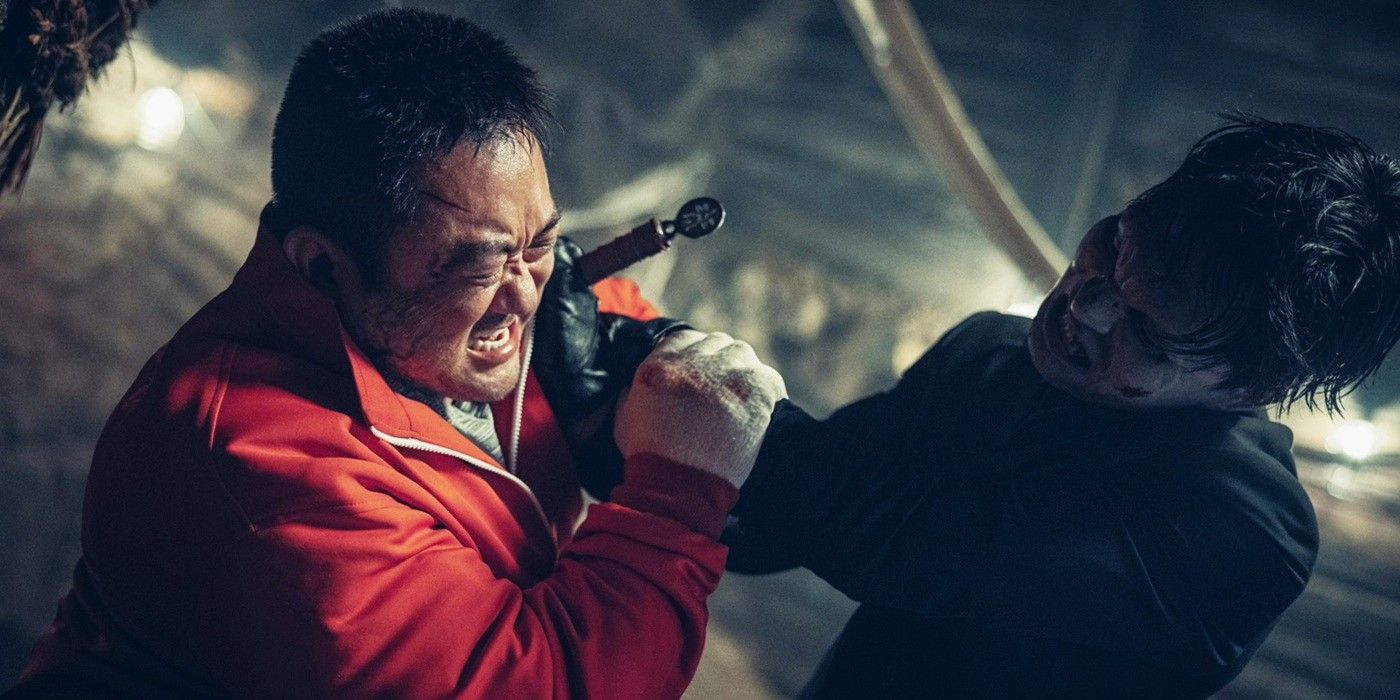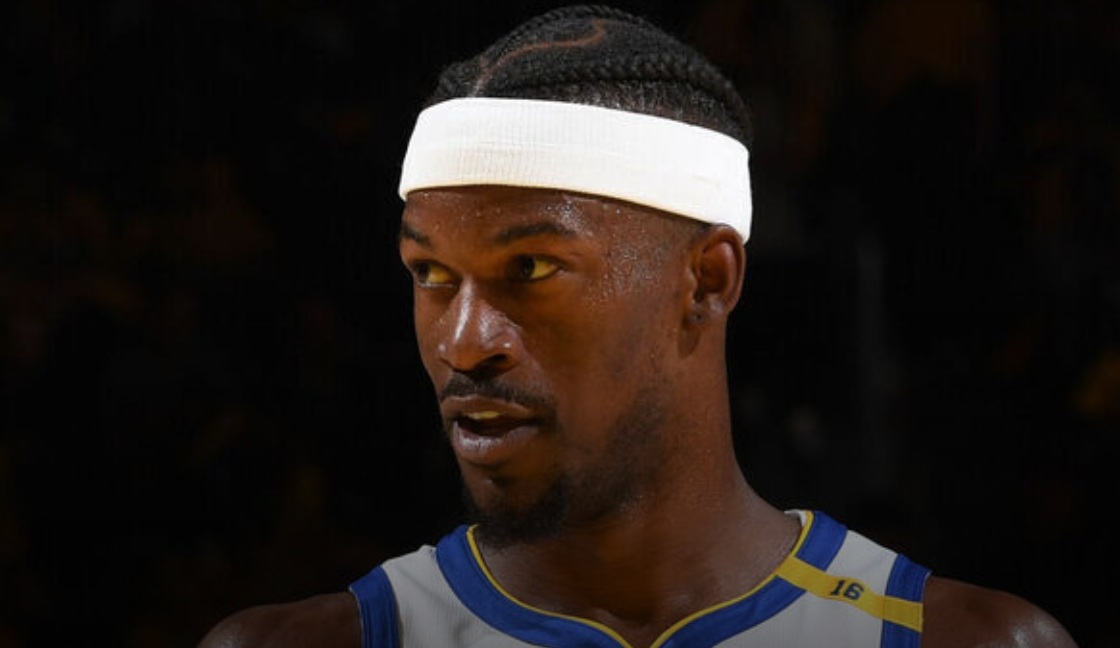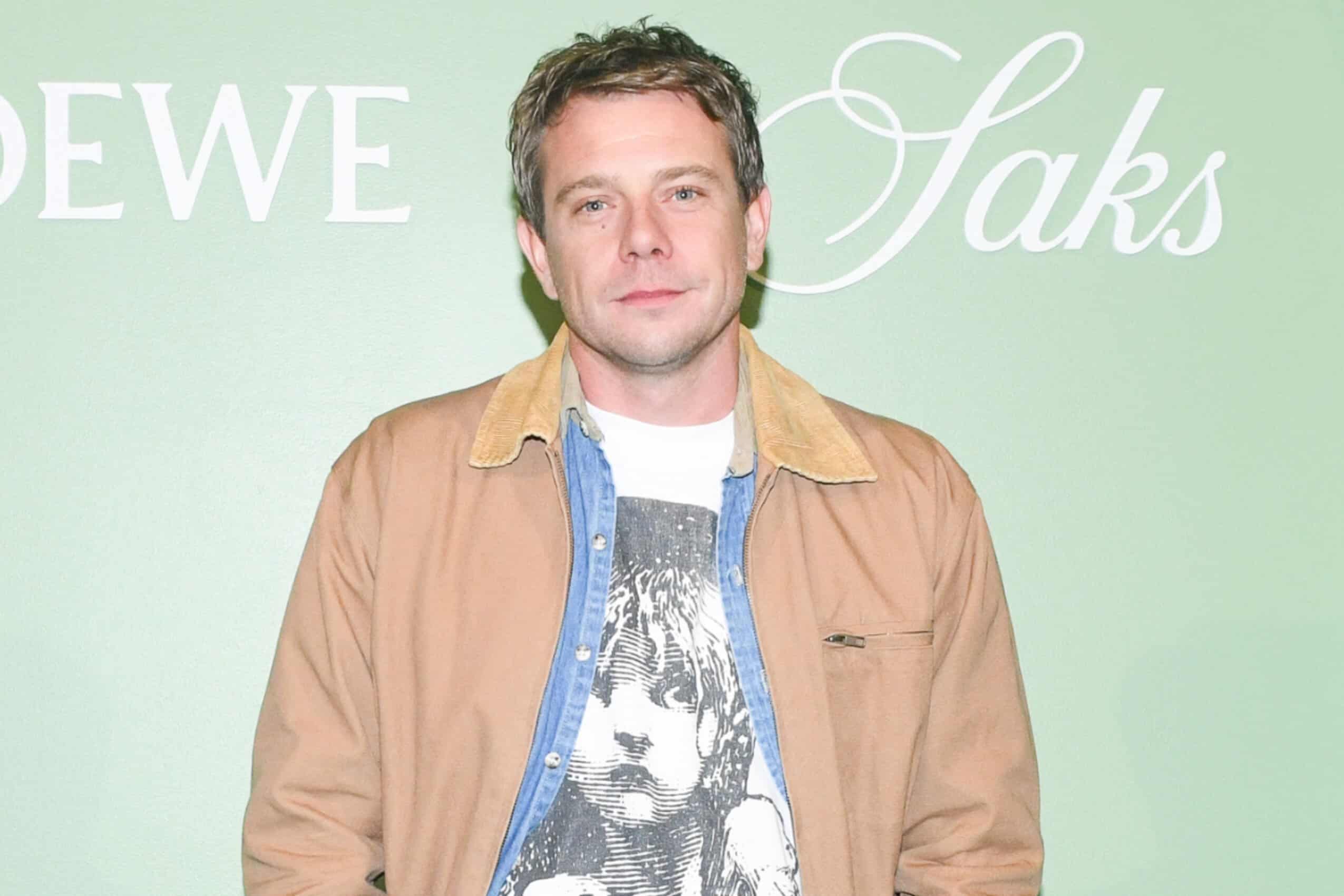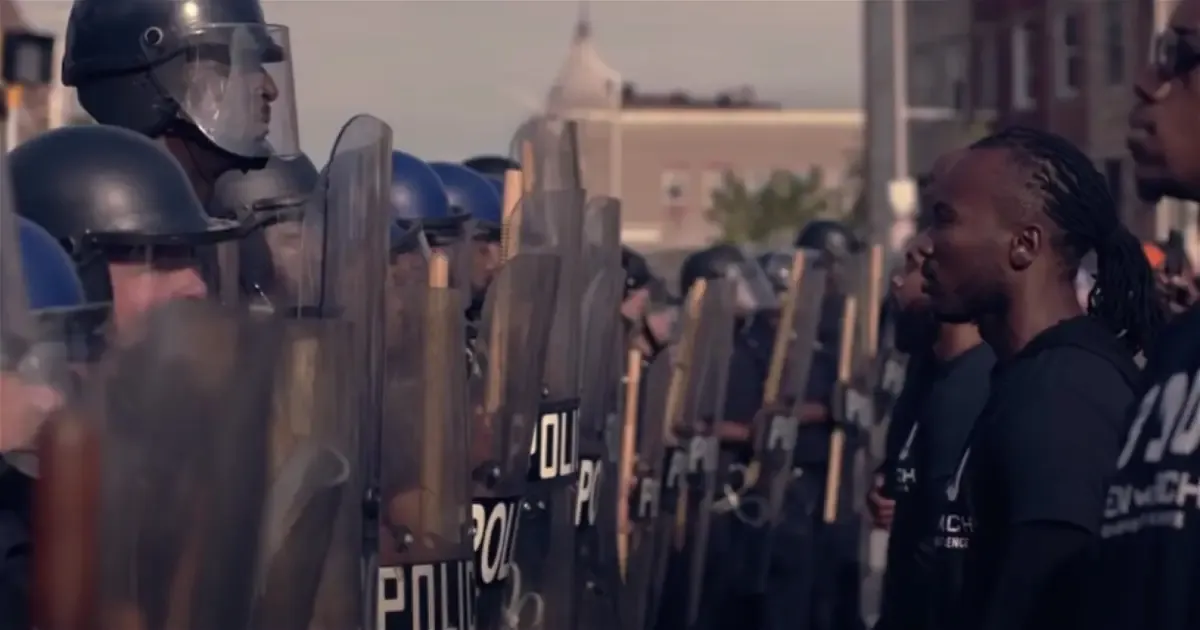
Baltimore, Maryland, has been ranked and popularized as one of America’s most dangerous cities for years. It has been the brunt of political jokes, countless news segments about shootings, violence, inner-city poverty, and corruption in its governmental politics. It is no secret how Baltimore came to be this way, although many may not realize it: decades of discrimination and racism. As drugs fueled and paved the city’s path in the eighties, structural racism struck in the early 1900s, preventing African-Americans and Jews from purchasing homes or accessing the same services and opportunities as white people. Once home to one of the largest populations of free slaves, Black citizens lost many of their rights with segregation and Jim Crow.
MOVIEWEB VIDEO OF THE DAY
Now in contemporary Baltimore, criticism has turned to the police department within the city. While on duty, several police officers have been caught making fake arrests by planting drugs on innocent individuals. The department has also been criticized repeatedly for its excessive use of violence, mainly against African-American men, which has led to death in the case of Freddie Grey. But there is one television show that many may remember when it comes to Baltimore’s cops: The Wire. Created by former Baltimore Sun journalist David Simon, the show exposed the real-life conditions currently faced in the city in regard to urban life and law enforcement.
Related: Why Inventing Anna May Be the True Crime Series of the Year
Police Brutality is the Name of the Game
HBO
It was Simon, teaming up with fellow The Wire writer George Pelecanos, who conceived the miniseries We Own This City for HBO Max. We Own This City is based on a book by fellow Baltimore Sun journalist Justin Fenton, which was titled: We Own This City: A True Story of Crime, Cops, and Corruption. Two months after HBO Max officially ordered the series, New York City native Reinaldo Marcus Green, who directed King Richard, was brought on to direct the entirety of the series. We Own This City’s main cast consists of Jon Bernthal, Josh Charles, Jamie Hector, Wunmi Mosaku, and Darrell Britt-Gibson, among others. Several actors from The Wire also make appearances, continuing the connected threads between the two show’s stories.
From the get-go, We Own This City establishes its perspective. A police officer lectures a group of other officers as the camera cuts to the streets of Baltimore. “All that authority you think you have, it goes out the window when some cat wants to try it,” he says as the camera cuts to a baton twirling in a cop’s hand. “When you got to fight,” he continues, “you got to win. There’s people who think police brutality is when police win fights. Last time I checked, aren’t we supposed to win fights?” As he says this, the camera sweeps over Black men on the streets appearing uneasy as the cop walks past. Welcome to Baltimore, where this is the police mentality to applaud.
Brutality is the name of this game, and this show is letting you know that there is a fine line between what is morally acceptable in law enforcement. The questions the show seeks to ask about what a crime is for a police officer. A man stands outside a corner store. A cop then strides up to him and smashes his drink with a baton. That may not be illegal, but these officers will stretch the limits of the law and bend it to the point of breaking it. Who wields the power to stop those intended to protect civilians? That is the story we are given in We Own This City.
While The Wire may have had some good seeds in its police system, this show comes in with a vengeance. These officers insult their victims, cursing them out and inflicting a violent reign of terror with their on-screen arrests. At the head of these shenanigans is Sgt. Wayne Jenkins (Bernthal), a quick riser through the ranks. “I was born to do this,” he brags at one point in the first episode. “This” consists of planting drugs and stealing money from those who are arrested. He eventually becomes the head of the Gun Trace Task Force, the group central to the story. He is charismatic and well-connected to both Baltimore County and Harford County police—exposing that this is an issue beyond the Baltimore City Police Department.
Related: Here’s Why The Wire is Considered One of the Best TV Shows Ever Made
Baltimore’s Doomed Gun Trace Task Force
HBO
We Own This City is based on the true story of the Gun Trace Task Force. The GTTF consisted of nine members at its conception, but eight out of the nine police officers were involved in crime. The original intent of this group was to try and eliminate gun violence on the streets, but it became anything but that. They stole from their victims, carried guns to plant on bodies in case they accidentally killed someone during a shooting to use as an excuse, and stole drugs to resell themselves. This, combined with the soaring rates of violence, domestic abuse, and murder, helped the city further descend into even more chaos.
In an alternate story to the police running rampant, an attorney (Mosaku) for the Department of Justice’s Civil Rights section has begun her own investigation into the city’s police corruption. The attorney first appears while spectating an act of brutality by a police officer on an unarmed Black man; a crowd gathers around the incident to record what is happening. Mosaku’s character, Nicole, is the perfect foil for Wayne Jenkins. While he lacks the statistical data to back up why a drug arrest or scenario occurs, Nicole lays out the facts to connect all the threads.
She is the voice of reason who explicitly lays down the facts of racism and discrimination going on behind the scenes. Jenkins is charismatic, relying on his own misguided intuition to lay out the details of why what he is doing is not a crime. Many of the scenes seen here are familiar ones in Baltimore: the cop who acts like he is in charge even when he is not, the gritty corner stores and soft mumble of rap in the distance, the feeling of always being watched by the law.
While Jenkins takes up more of the screen time, We Own This City takes the time to acknowledge that this is a much deeper issue than him. The Gun Trace Task Force may have been caught and persecuted, but Baltimore City is not exactly known for its kind police system. The men who formed the GTTF learned from their predecessors how to rule the streets through force. With flashbacks, this is how Wayne’s story slowly exposes himself and how he, too, became rotten. It took generations of police officers to get to this point, and now it might take a few more for these practices to disappear.
Related: Andrew Garfield Stars in True Crime Miniseries Under the Banner of Heaven
An Unwavering Look at an Ongoing Issue
HBO
As the attorney puts it in the first episode, Baltimore is divided into two eras. The name Freddie Grey is constantly brought up and is cited as the dividing point between the two. Before Freddie Grey’s death and the Baltimore riots, according to the show’s timeline and specific characters, such as the mayor, the city was more peaceful. But, as the viewer learns with Nicole’s arc, it became an already terrible situation crossing into dangerous territory after the riots.
Many of the blanket statements about a peaceful and non-peaceful era are made by white characters—an unsurprising number of the officers depicted in the show are white. What happened to Freddie Grey may have been the catalyst for a series of darker events, as the events, which took place in 2015, saw many of the cops involved avoiding the accountability of what actually happened that fateful day. This is the mentality seen in this show: none of the cops see what they are doing as wrong. It is depicted as another facet of the job, spoils of a constructed war.
We Own This City captures the heart of Baltimore in its brief glimpses of the streets, although, at times, it seems a bit wooden. This is the case for police dramas, especially ones based on a true story. Almost two decades after the initial release of The Wire, nothing has really changed. If anything, it has gotten a lot worse. In terms of execution, We Own This City feels bleaker when looking at the future but tells a critical story lost in mainstream media.
The show is only six episodes, but every episode packs a bit of a punch outside the procedural portions. We Own This City can be streamed on HBO Max starting on April 25, 2022, and episodes will be released weekly.
Hayden Christensen Refuses to Confirm James Earl Jones’ Involvement in Obi-Wan Kenobi
Read Next
About The Author
Ashley Hajimirsadeghi
(88 Articles Published)
Writer, author, and aspiring critic. Find me @ashleynassarine.
More
From Ashley Hajimirsadeghi
You can view the original article HERE.

